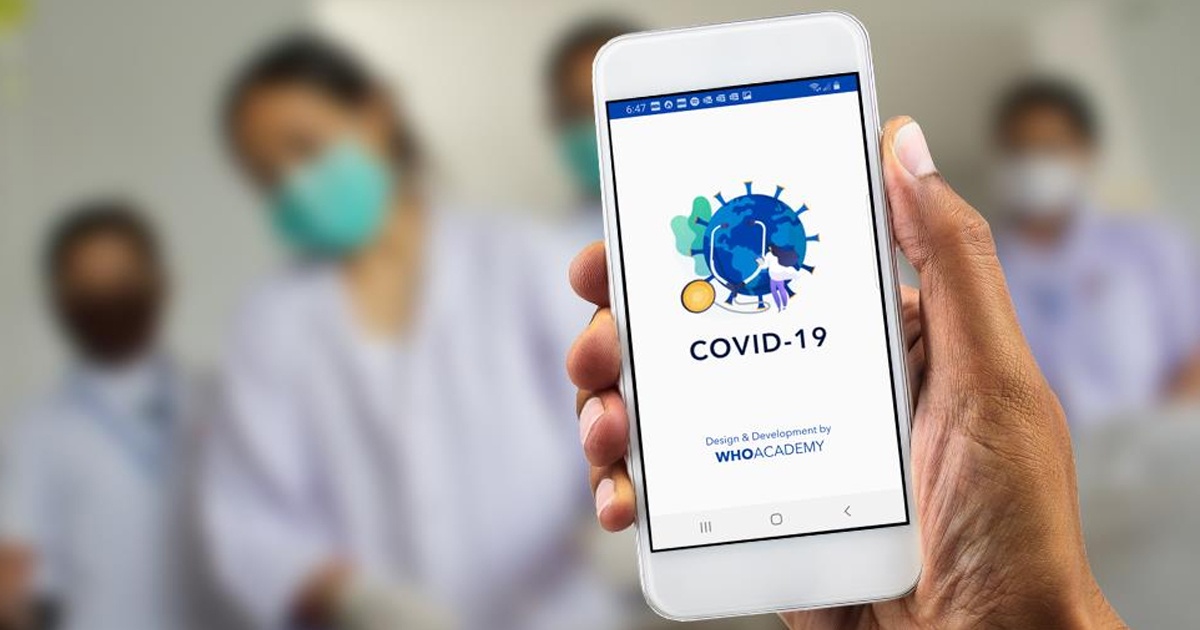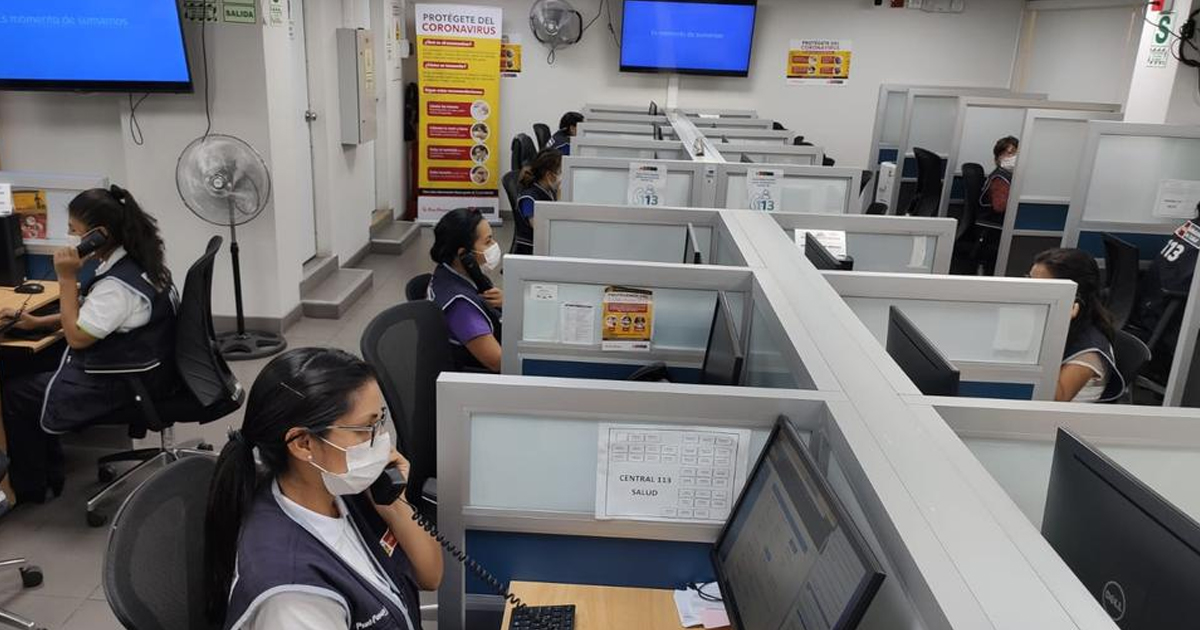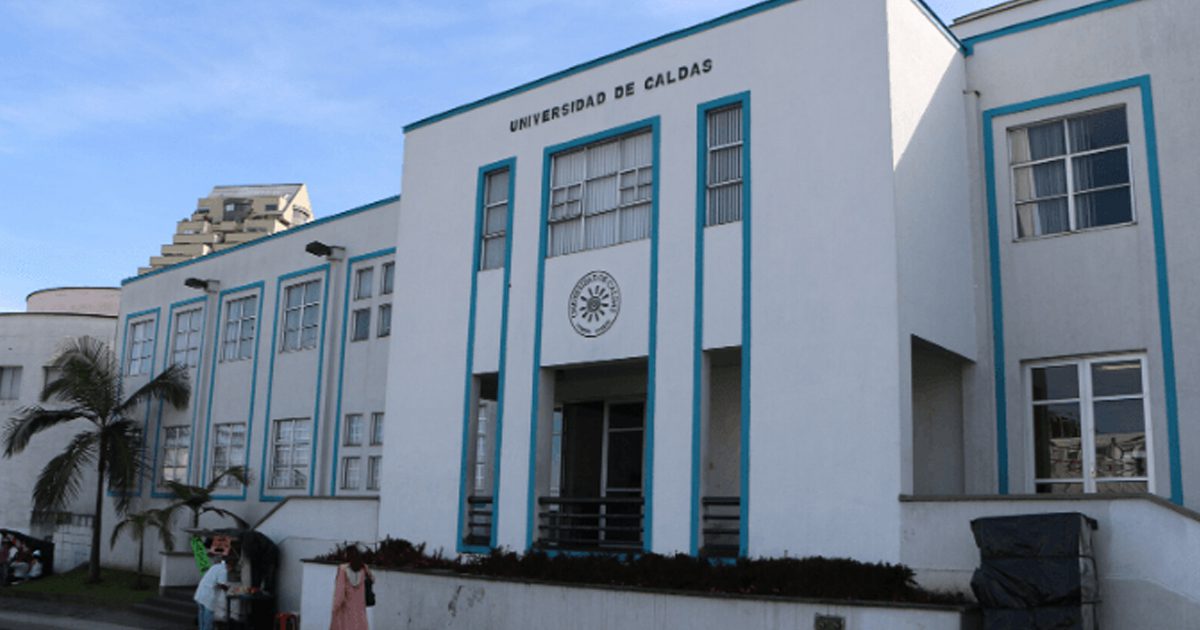The World Health Organization (WHO), has adopted new educational and training strategies for health personnel, including the use of technologies based on Artificial Intelligence and virtual reality, to combine classroom and online learning experiences.
WHO Academy is a medium- and long-term plan for learning for adults who work as health care workers, using Digital Health technologies. This approach seeks to generate change through the lifelong learning of health workers, this ambitious strategy plans to reach 10 million students worldwide by 2023.

The WHO initiative for the creation of an academy is related to the deadline of the Sustainable Development Goals (SDG) for 2030, that is, less than a decade. A new focus on learning for impact and developing skills to make the world a healthier place is what WHO is proposing for this strategy. Before them new technologies, digital health tools and mobile health will be important, as well as distance learning, which has been one of the main themes this year worldwide.
“Advancements in adult learning science present new and enormously effective ways to get critical knowledge to front line health workers and others who need it – and to verify the competencies they gain – so they can do their jobs better, increase their impact on improving health, and save lives,” WHO mentioned in the statement of the WHO Academy.
WHO Academy will launch its first courses by May 2021, which will be online, however, the physical facilities will be located in Lyon France. The WHO intends it to be an accessible educational center and to be at the forefront of using the latest technologies in digital learning, including tools for both online and face-to-face courses.
The announcement of this initiative was made in mid-2019, way before the pandemic, however, the strategy was already targeted to guide it towards distance education and online learning, likewise, WHO is also considering other options to make it more accessible to health personnel who do not have access to these means.
In addition, in response to the pandemic, the WHO Academy launched a mobile learning application, which is targeted specifically at health care workers. The application is available in seven languages (Arabic, Chinese, English, French, Portuguese, Russian, and Spanish), and is intended to inform and provide COVID-19 knowledge and tools to healthcare workers, including virtual workshops on patient care. It also has an augmented reality feature for training staff in a course on personal protective equipment.
The application is available in the App Store and Google Play for free.
WORLD HEALTH ORGANIZATION
https://www.who.int/about/who-academy
https://www.who.int/about/who-academy/the-who-academy-s-covid-19-mobile-learning-app
LINKEDIN/WHO
HEALTH CARE IT NEWS
https://www.healthcareitnews.com/news/emea/who-academy-invests-health-workforce-learning






